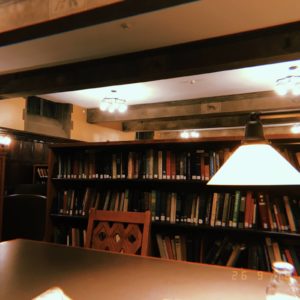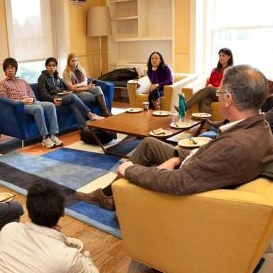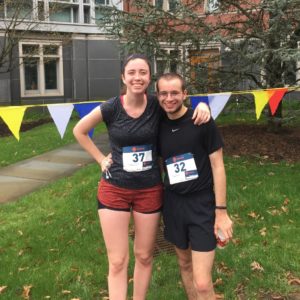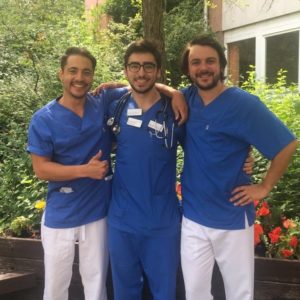Colleges like Princeton love to brag about their high rates of student involvement in research: our admissions pamphlets are peppered with student testimonials about the accessibility of professors and the university’s commitment to undergraduate research. But although Princeton does provide incredible resources, doing research with professors doesn’t always feel accessible. Especially as a first-year or sophomore student, it can be challenging to find research opportunities outside of classes (except during the summer).
As a first-year student, I definitely felt this pressure in the fall semester. I knew I wanted to be a part of research on campus as soon as possible, but I worried that no professor would want to work with me. After all, I was less experienced than many older students, and as a CBE major, I knew that quantitative and technical skills were of paramount importance in my field. Though I was afraid of being ignored (or worse, rejected!) by professors, I decided to reach out anyway. I emailed my MOL214 professor (who runs a lab in CBE) hoping that he would help give me an introduction to the department. When I went to his office for a simple discussion, he ended up offering me a position, and I’ve been working in his lab ever since! Continue reading Research on Campus: Not Just for Juniors and Seniors!







